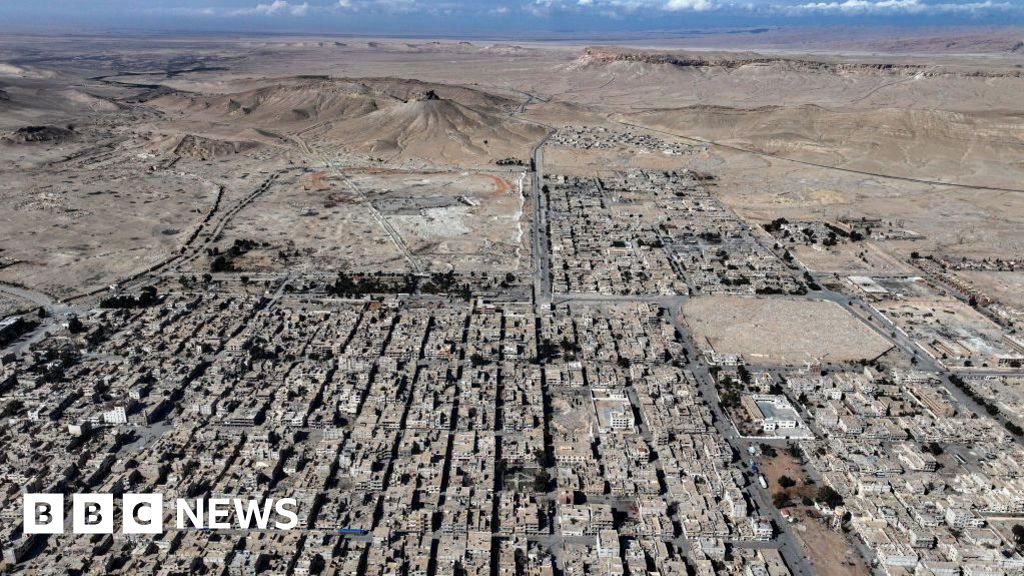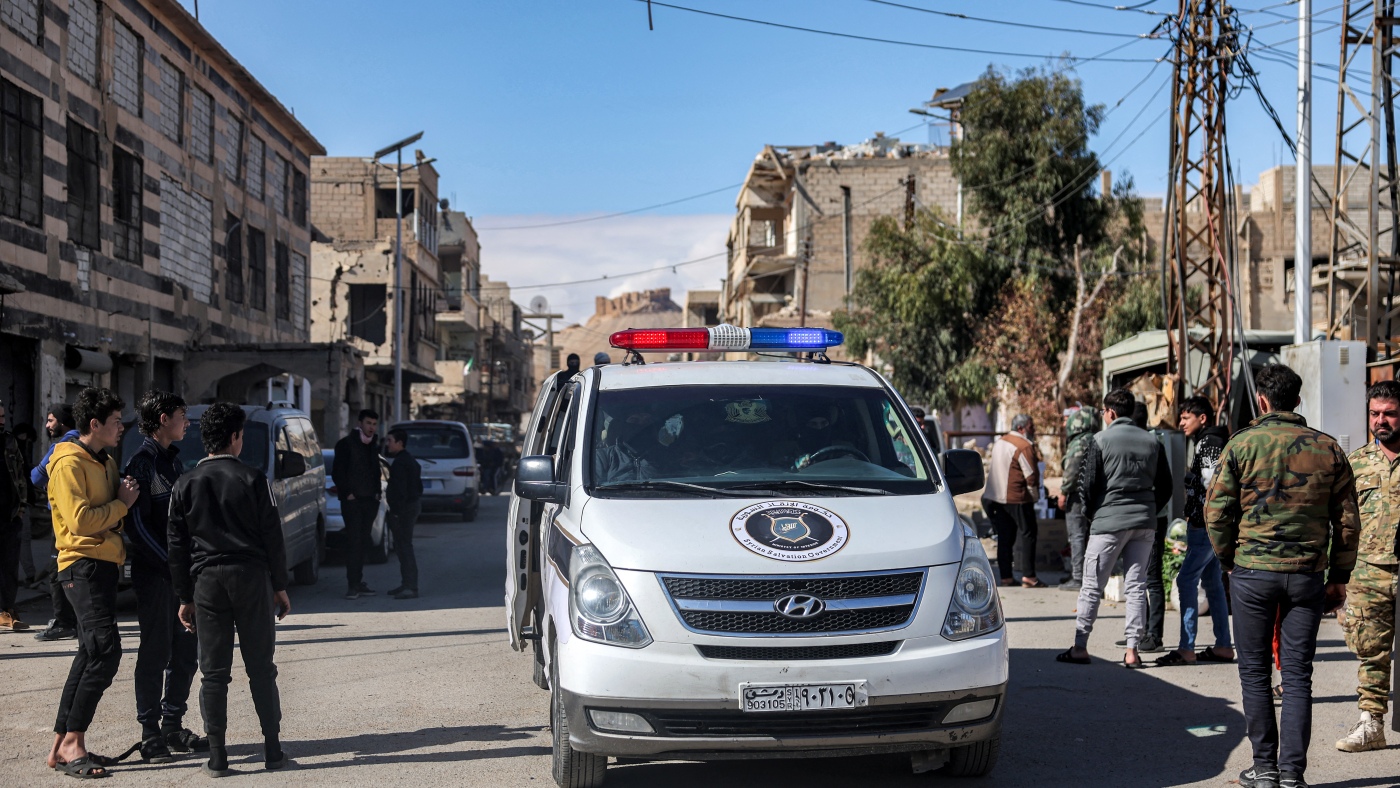- Sudan: UN strongly condemns deadly drone attack on peacekeeping base in Kordofan UN News
- UN chief condemns ‘horrific’ drone attack in Sudan as 6 peacekeepers killed Al Jazeera
- Bangladesh says peacekeepers killed, injured in Sudan UN base…
Category: 2. World
-
Sudan: UN strongly condemns deadly drone attack on peacekeeping base in Kordofan – UN News
-

Israel says Hamas commander Raed Saed was among five killed in Gaza City attack
The Israeli military says it has killed senior Hamas commander Raed Saed, one of the architects of the October 7, 2023 attacks on Israel, in a strike on a car in Gaza City.
The attack on Saturday was the highest-profile assassination of a senior…
Continue Reading
-

Arctic temperatures, snow and flooding sweep across the U.S.
Wintry weather is sweeping across parts of the United States this weekend, bringing with it brutally low temperatures.
Nearly 49 million people from the Northern Plains through the Southeast are under cold weather alerts. Impacted cities include…
Continue Reading
-

Atmospheric rivers – what to know about the storms inundating the Pacific north-west | Washington state
Just as record-level flood waters that triggered widespread evacuations begin to recede in western Washington state, residents of the Pacific north-west are bracing themselves for another strong weather system that is likely to swell rivers back…
Continue Reading
-

Lionel Messi’s India tour begins in chaos, seats ripped out in Kolkata
Lionel Messi’s tour of India kicked off chaotically on Saturday as fans threw objects, ripped up seats and invaded the pitch at Kolkata’s Salt Lake Stadium after the Argentine soccer great made only a brief appearance at a ticketed event.
Director…
Continue Reading
-

Three Americans killed by IS gunman in Syria, US military says
Two US soldiers and a US civilian interpreter have been killed in Syria in an ambush by an Islamic State gunman, the US Central Command has said.
Officials said three other service members were injured in the attack, during which the gunman was…
Continue Reading
-

PM call with President of the European Commission Ursula von der Leyen: 13 December 2025 – GOV.UK
- PM call with President of the European Commission Ursula von der Leyen: 13 December 2025 GOV.UK
- US, Ukraine to discuss ceasefire in Berlin before European summit Dawn
- Zelensky to meet Witkoff and Kushner on Trump’s peace push Axios
- UK PM, EU…
Continue Reading
-

Two US soldiers and a civilian killed in attack in Syria
Unlock the White House Watch newsletter for free
Your guide to what Trump’s second term means for Washington, business and the world
Two US soldiers and a civilian American interpreter have been killed in Syria on Saturday in an attack that also…
Continue Reading
-

2 U.S. service members, 1 civilian are killed in ISIS attack in Syria : NPR
A police vehicle of the interim Syrian government moves through a street in Palmyra in central Syria on Feb. 7. On…
Continue Reading
-

Sanction-skirting ‘shadow fleets’ in Trump’s sights. Here’s how they work
Tensions between the US and Venezuela are soaring after American forces seized an oil tanker in the Caribbean Sea.
The White House has said the vessel captured on Wednesday was part of a “shadow fleet” used to carry “black market” oil.
Reports have…
Continue Reading